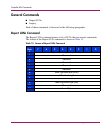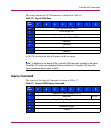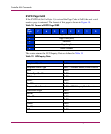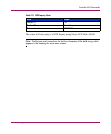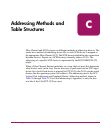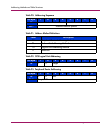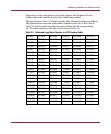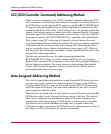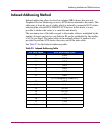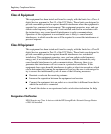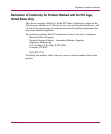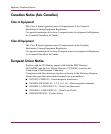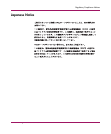
Addressing Methods and Table Structures
176 Network Storage Router e1200-160
SCC (SCSI Controller Command) Addressing Method
When a router is configured to use SCSI Controller Command addressing (SCC)
and a command is received, the router either will respond as a controller device to
the FCP Initiator or will route the FCP request to a specified BUS:TARGET:LUN.
If a request using the Peripheral Device Addressing method is received (an FCP
command with the LUN field bits 7 and 6 of byte 0 set to 0), the router routes the
request to the internal processor, which acts on the command directly. If a request
using the Logical Unit Addressing method is received (bits 7 and 6 set to 00x10),
the request is routed to the BUS:TARGET:LUN as specified in the defined field
Host systems using SCC addressing will typically do initial device discovery
using the Peripheral Device Addressing method. On issuing an Inquiry command
to the router, the host will receive the router Inquiry data, indicating the device
type as a controller device (Inquiry data indicates device type is 0xC). The host
will then know that subsequent commands to router-attached devices will use the
Logical Unit Addressing method.
The host can perform discovery by either progressing through the
BUS:TARGET:LUN values, as would a standard SCSI driver, or by issuing a
Report LUNs command. This command is sent to the router (using the Peripheral
Device Addressing method). The router returns a table indicating the attached
devices. The host can then perform actions on these devices directly without
performing further discovery processing.
Auto Assigned Addressing Method
The Auto Assigned addressing method is created through SCSI device discovery
on power up or reset. As the router performs device discovery on the SCSI bus,
the index table FCP LUN values are filled with adjacent FCP LUN referencing
each subsequent SCSI device. The index table generated by the Auto Assigned
option cannot be manually edited.
When the Auto Assigned option is used, the host system will detect every attached
SCSI device without voids, allowing full device access to the host. This method
allows easy configuration in environments where SCSI device ordering is not
important and where hot plugging of SCSI devices will not occur. For example,
tape libraries are excellent candidates for using Auto Assigned Addressing.
Configuration options provide for the SCSI discovery to be performed in order of
bus, target, or LUN as desired for the specific environment.



